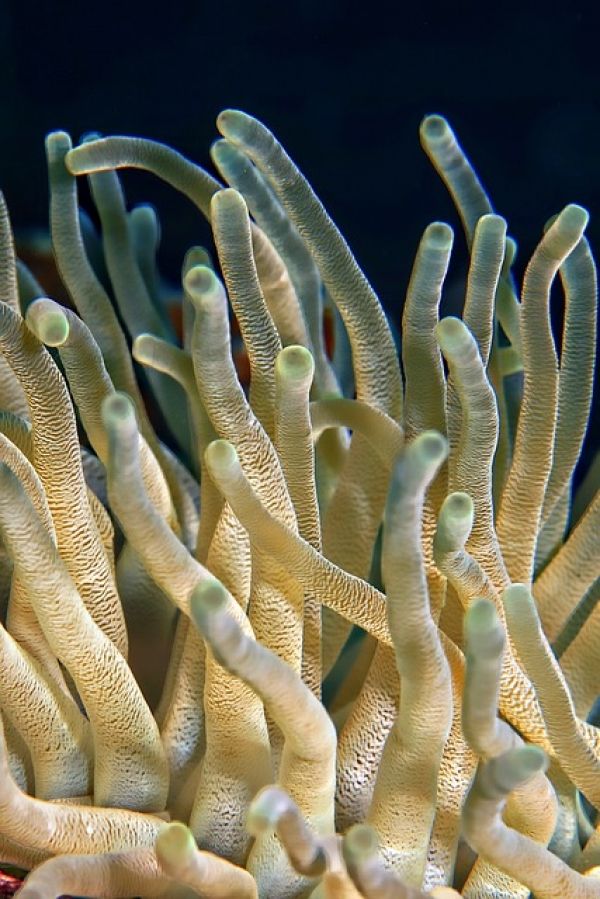Coral reefs are among the most diverse and productive ecosystems on our planet. But due to climate change and other human stressors, reef-building corals that reproduce by means of broadcast-spawning — the simultaneous release of eggs and sperm into open water — may now be under threat of extinction.
A new Tel Aviv University study finds that the highly synchronized, iconic spawning events of certain reef-building corals in the Gulf of Eilat/Aqaba, Red Sea, have completely changed over time and lost their vital synchrony, dramatically reducing chances of successful fertilization.
According to the research, led by Prof. Yossi Loya and PhD candidate Tom Shlesinger of TAU's School of Zoology and published in Science on September 6, the breakdown in coral spawning synchrony has led to a dearth of new recruits and stagnant aging populations, creating circumstances for extinction.
"Coral spawning, often described as 'the greatest orgy in the world,' is one of the greatest examples of synchronized phenomena in nature," explains Prof. Loya. "Once a year, thousands of corals along hundreds of kilometers of a coral reef release their eggs and sperm simultaneously into the open water, where fertilization will later take place. Since both the eggs and the sperm of corals can persist only a few hours in the water, the timing of this event is critical."
Continue reading at Tel Aviv University
Image via Pixabay, CC0 Creative Commons


